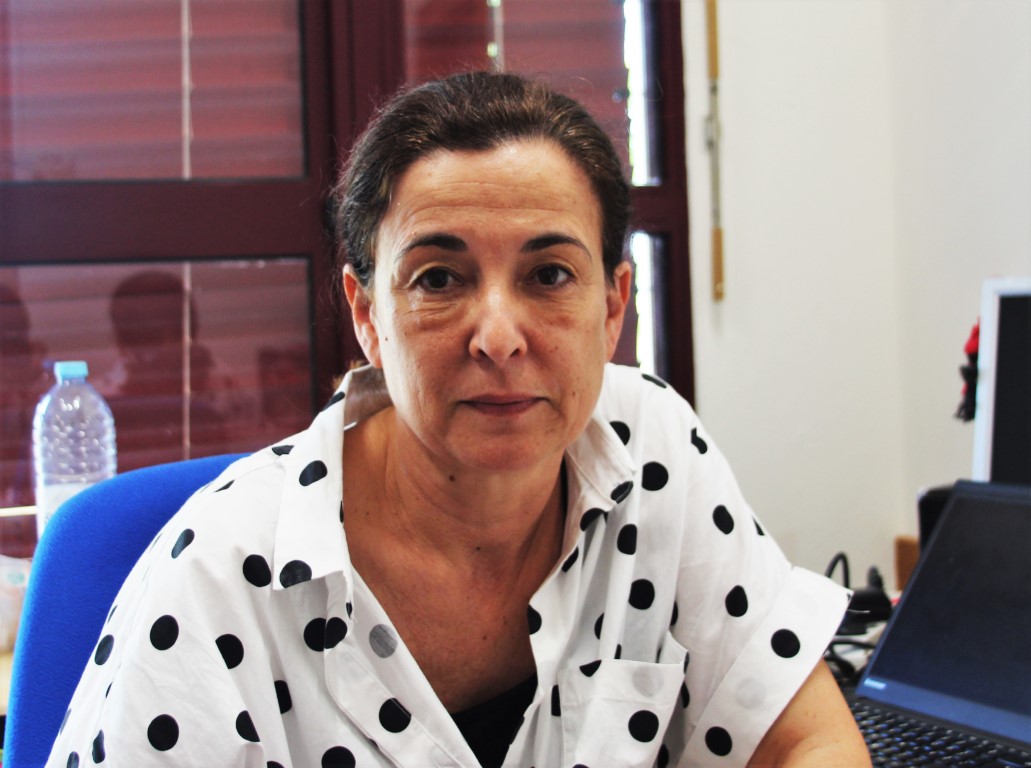How can dyslexia be characterized in adults? What are the modifications that allow dyslexics to take higher education courses? Admittedly, this is a neurodevelopmental disorder that affects reading and writing, but mysteries of dyslexia in adults are yet to be unraveled. Discovering them is the aim of a study that the Cognitive Neurosciences Group of the Center for Research in Biomedicine (CBMR) of the University of Algarve (UAlg) is carrying out.
Alexandra Reis is the teacher who is leading the team for this study, which involves people aged between 18 and 40 years. In an interview with Sul Informação, explains that the objective is “to understand and characterize dyslexia in adults”.
This disorder appears in children, but "we want to know if there is a change in the profile or characteristics of dyslexia in an adult".
Basically, the idea is to understand if, «over time, and with the practice of reading, individuals show improvements or which skills improve or not».
Teacher Alexandra Reis gives as an example the fact that there are young adults who manage to enter higher education. “There are cases like that here at the University of Algarve!” he exclaims.
So, somehow, these reading and writing difficulties ended up being alleviated. "There were skills that improved and that's what we want to understand."
The first step of all this research was “to develop, from a large reading of articles, a set of tests to assess and characterize dyslexia in an adult”.

This work has already been done and now «we are applying this battery of tests to so-called normative readers, in order to make the comparison, but we are also already analyzing some with dyslexia».
According to teacher Alexandra Reis, in «October, November», the data will all be collected. Then, they will be analyzed for the purpose of writing and publishing scientific articles, in an investigation that is involving four to five researchers.
The study of these issues, by the CBMR, is not new and has also been carried out in children with and without difficulties in reading and writing.
And, despite dyslexia manifesting itself in these two aspects (reading and writing), the truth is that the conditions expand to other areas.
“There is a whole psychological component associated with those who do not read and write well. There are consequences at the emotional level and even at the behavior, with a great impact at the individual level», said Alexandra Reis, to Sul Informação.



















Comments